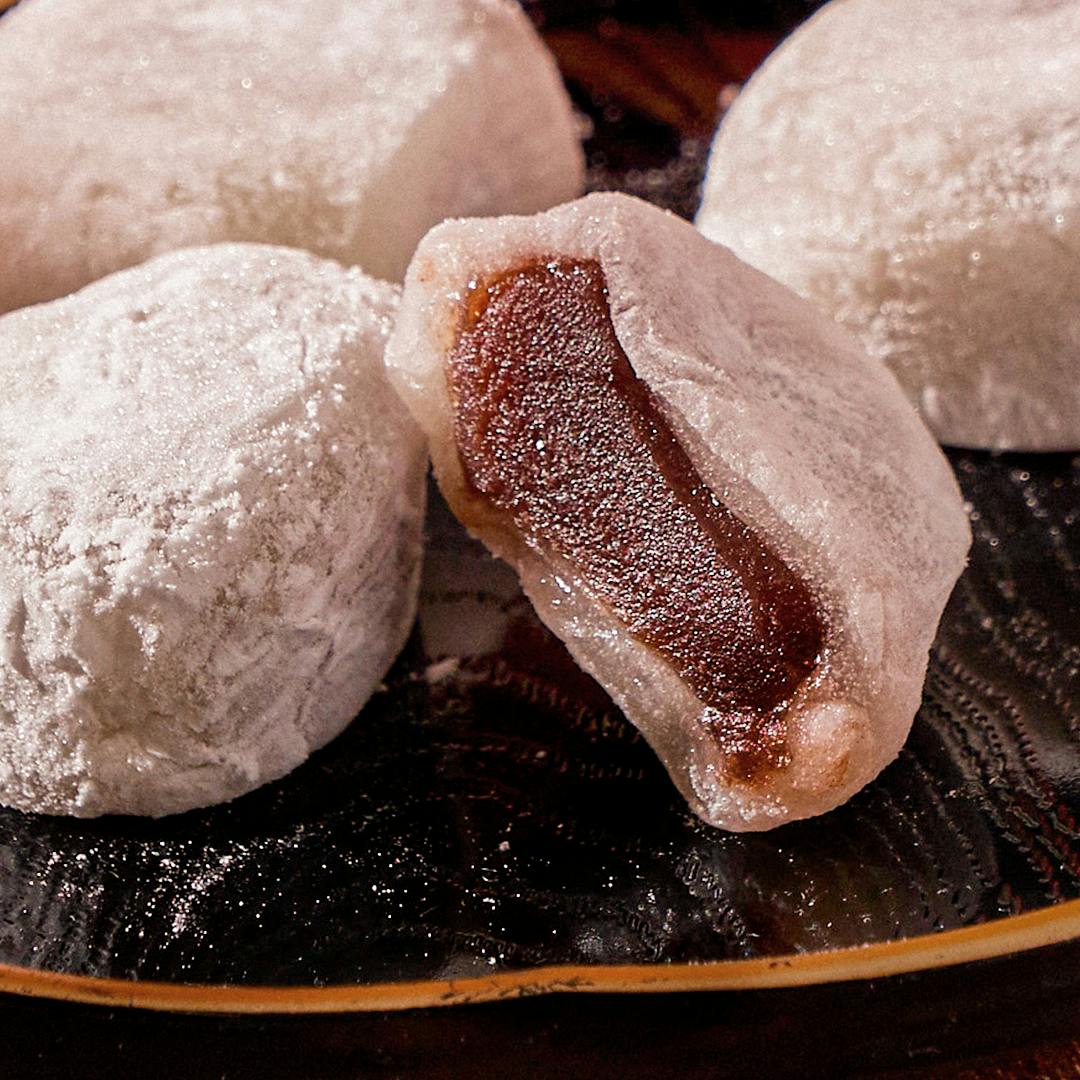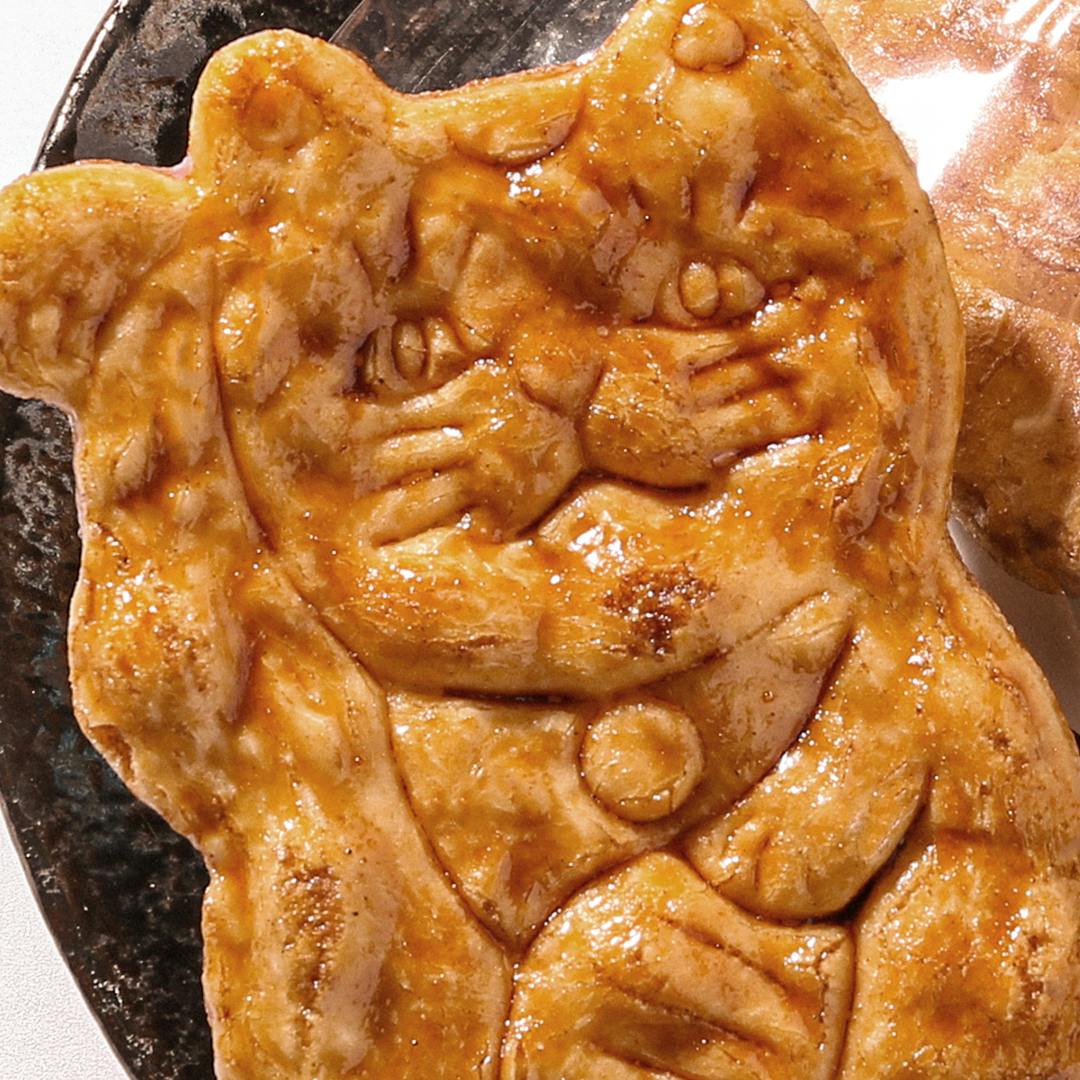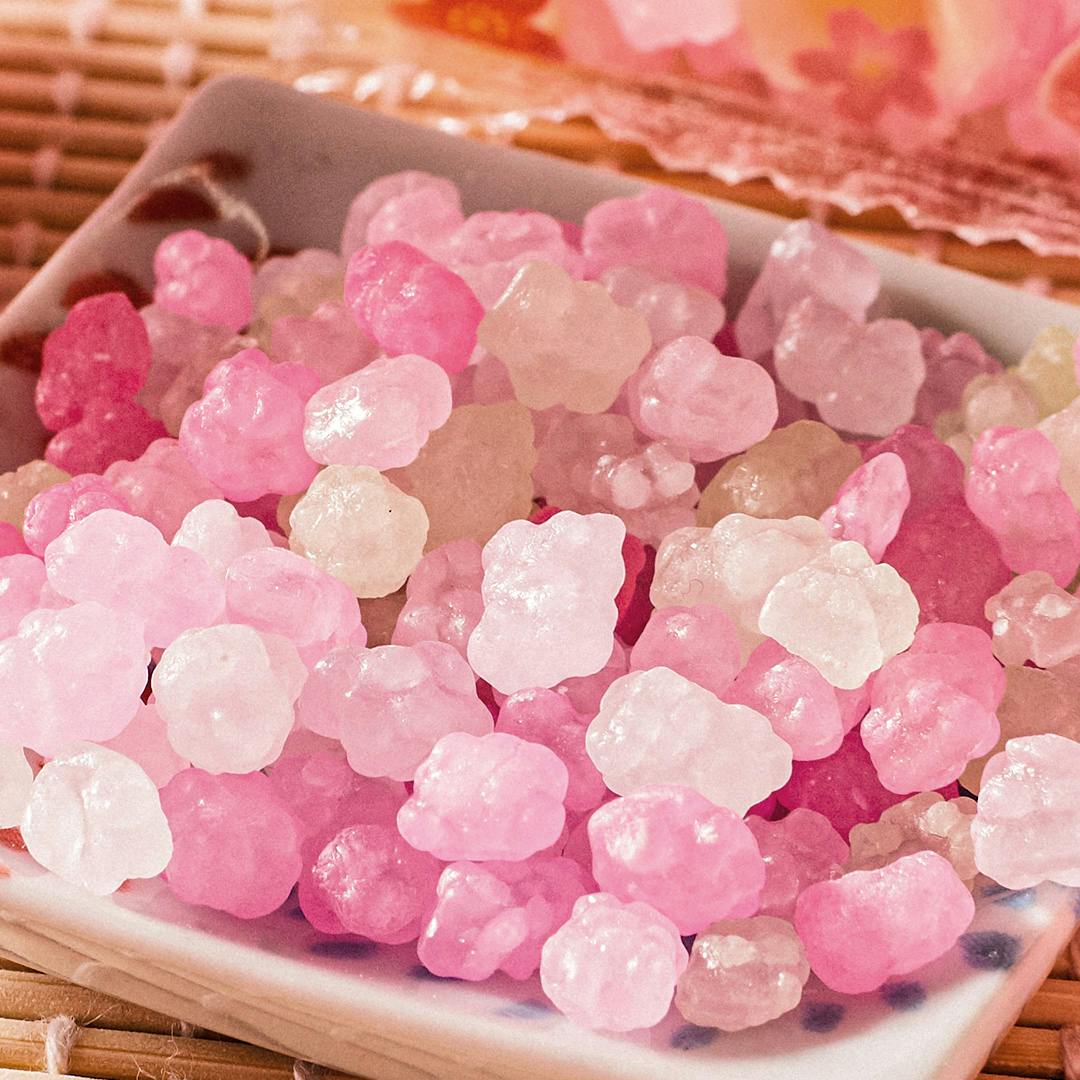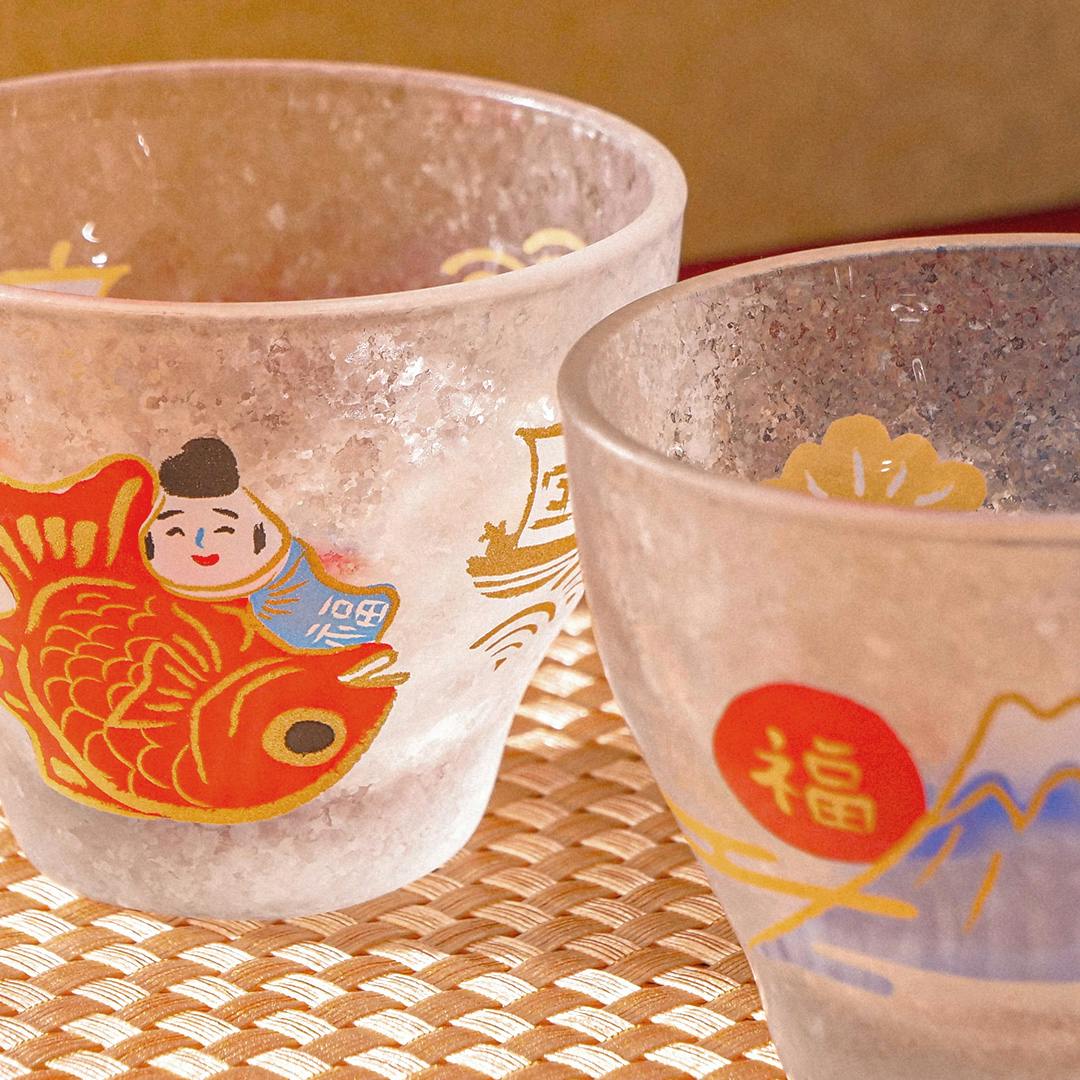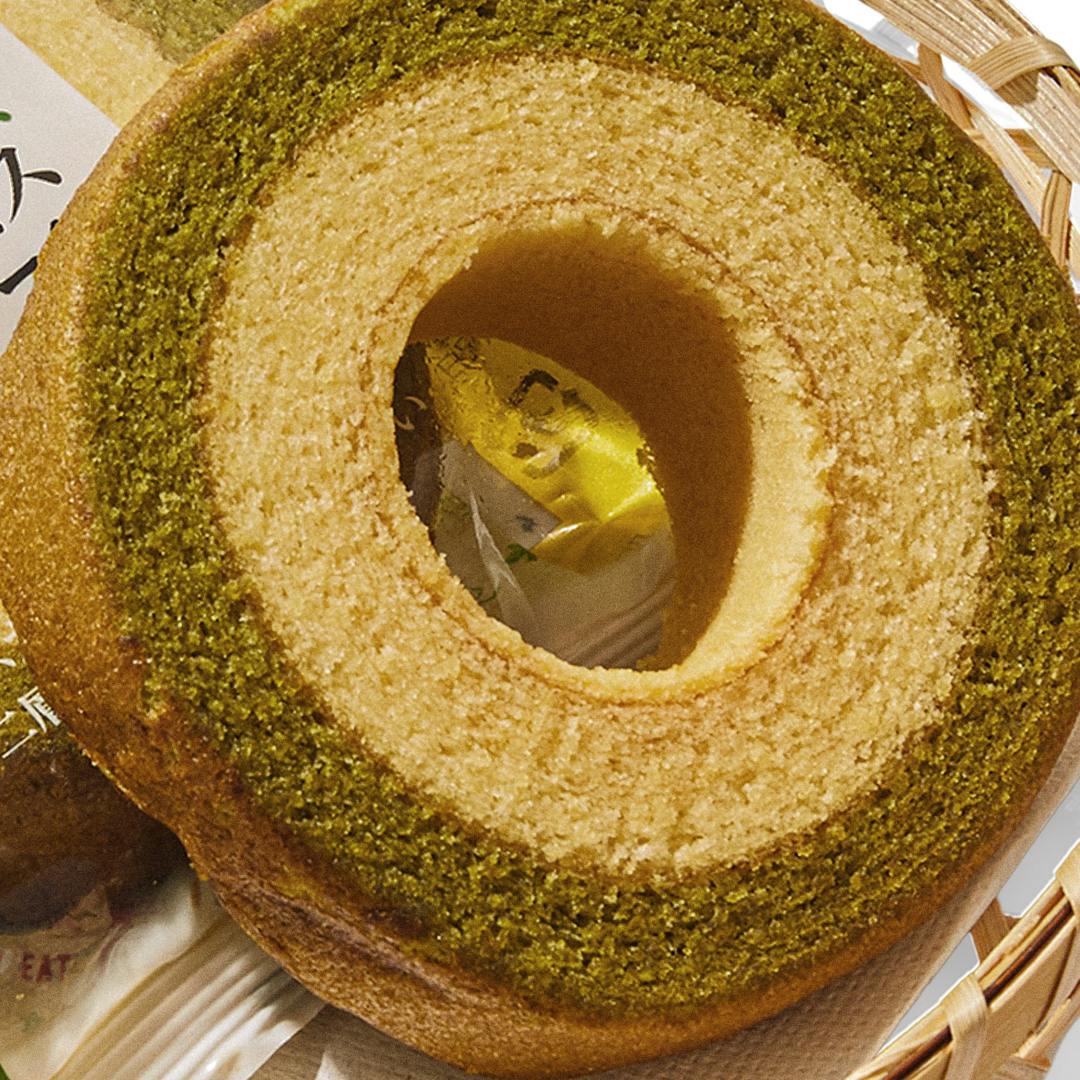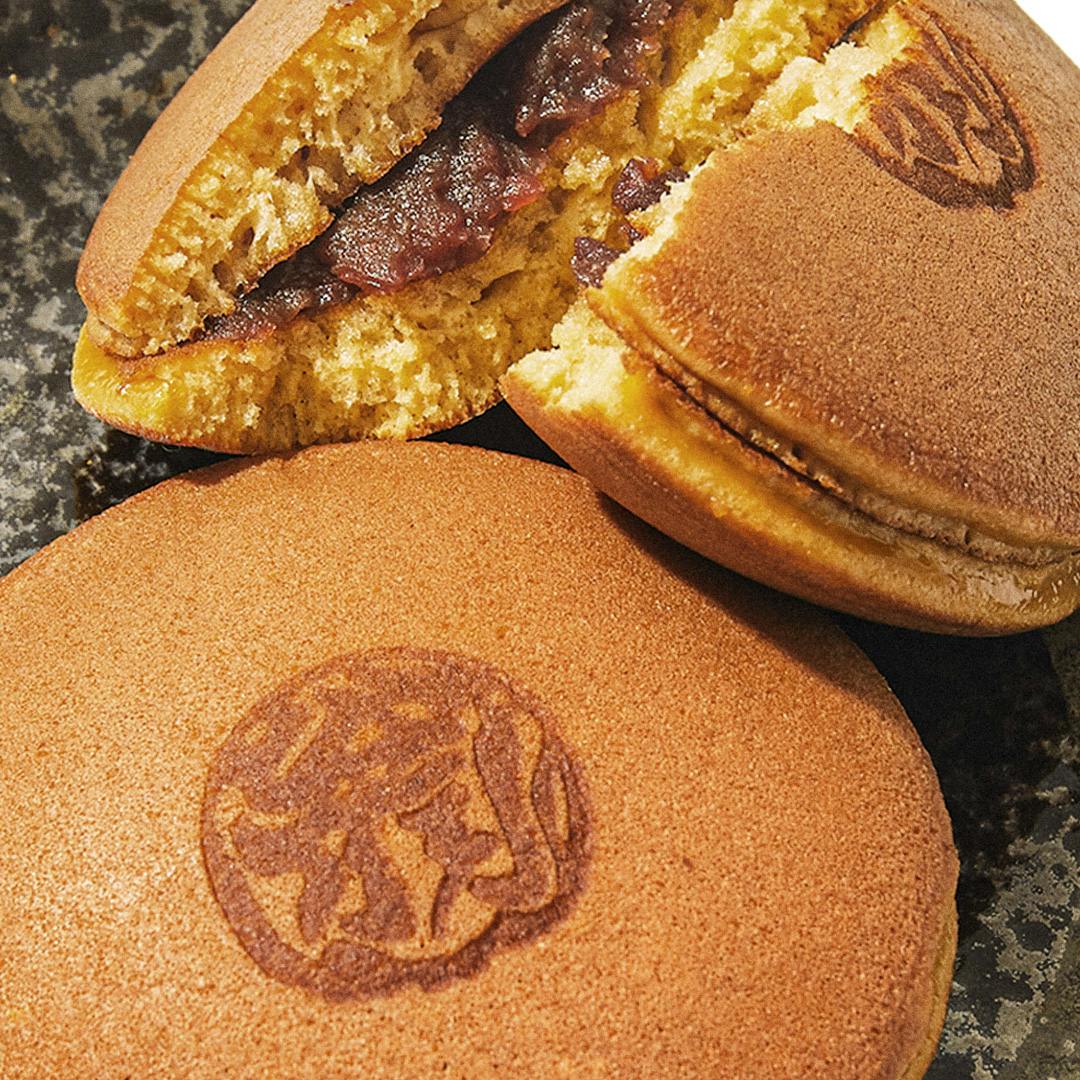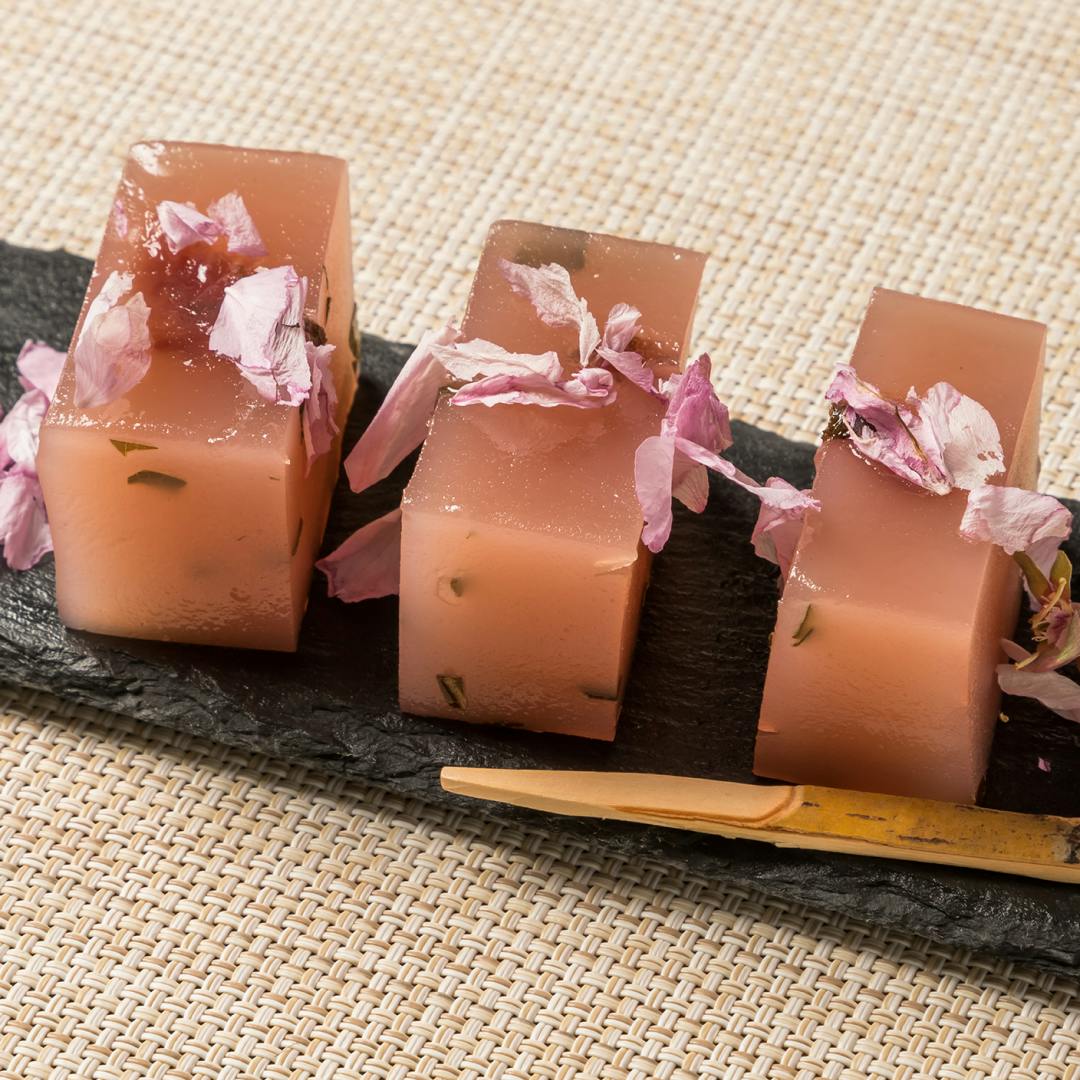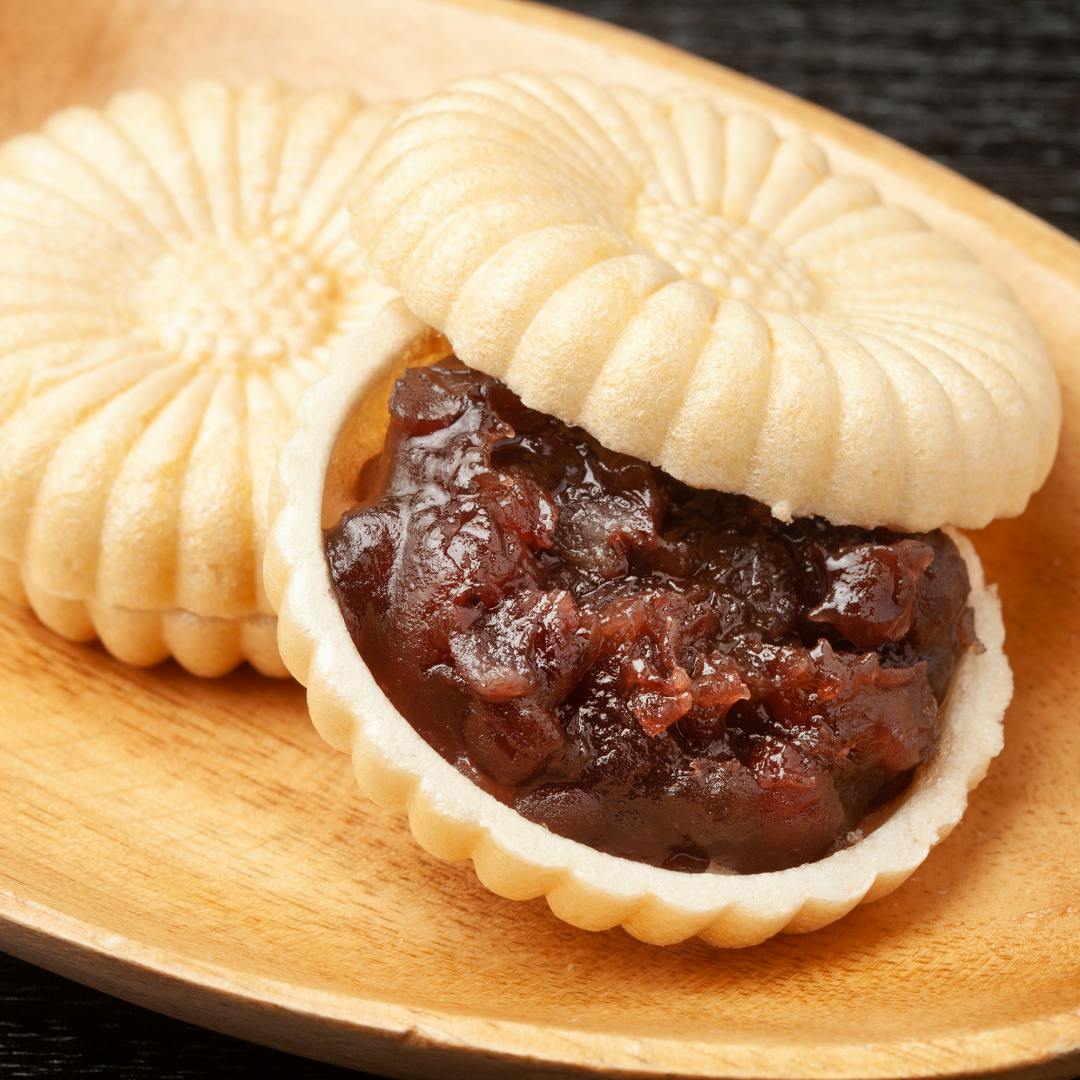Our Snacks
/Japanese Tea
 Candy
Candy 
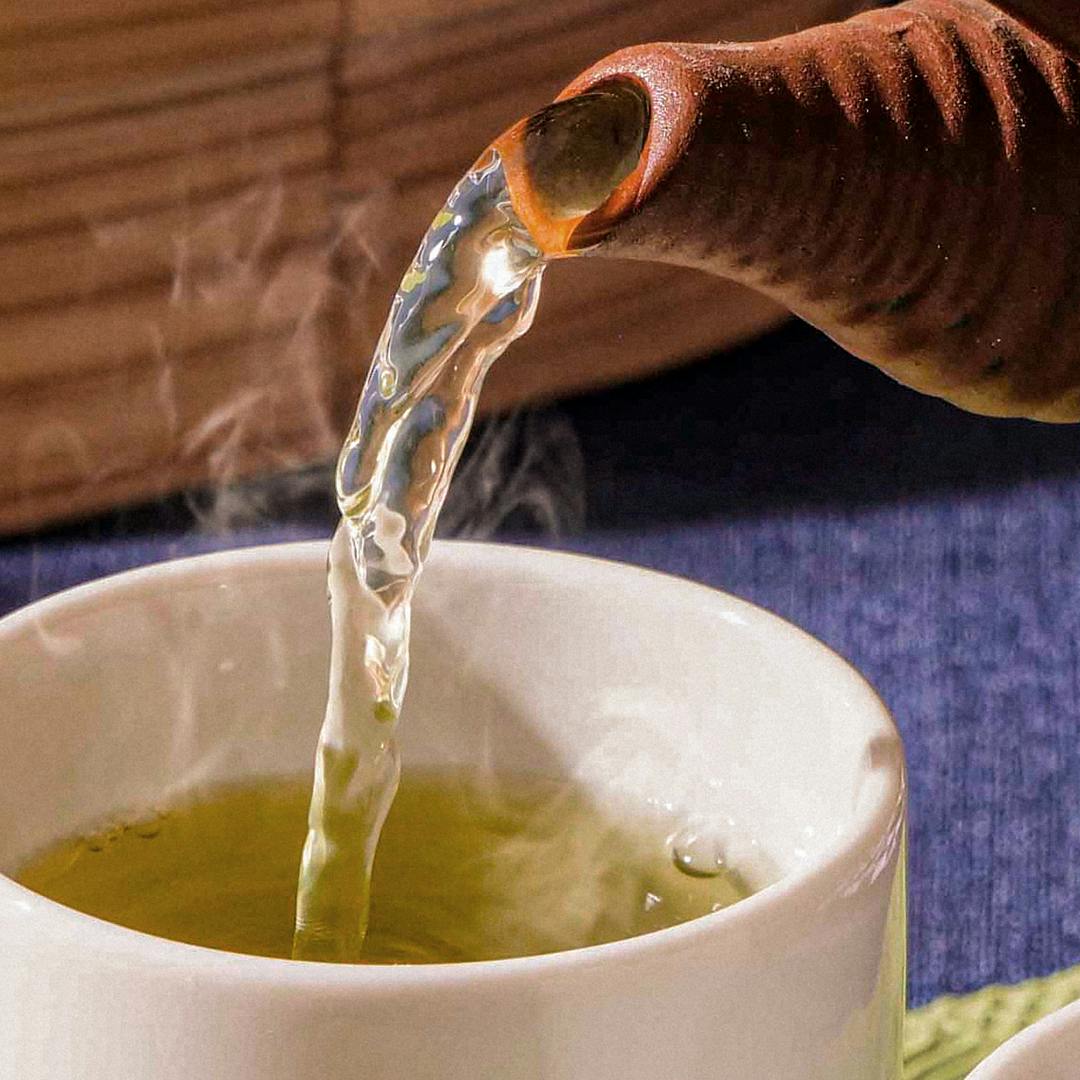
INSIDE YOUR SAKURACO BOX
Japanese Tea
Tea is the most beloved beverage throughout Japan, and for good reason. Renowned tea-growing regions like Shizuoka, Kagoshima, and Uji in Kyoto produce some of the world's finest teas. Utilizing natural ingredients and time-honored techniques refined through extensive research and experience, Japan offers diverse teas, from ceremonial matcha to comforting hojicha, making it a tea enthusiast's paradise.

TRIVIA
Which country drinks the most tea in the world?
Japanese Tea coming to Sakuraco
Matcha
Matcha is a powdered green tea renowned for its rich flavor, vivid color, and numerous health benefits. Its significance lies in its integral role in traditional Japanese tea ceremonies and its widespread popularity as a versatile ingredient in modern culinary creations. Matcha is often paired with wagashi and Japanese candy
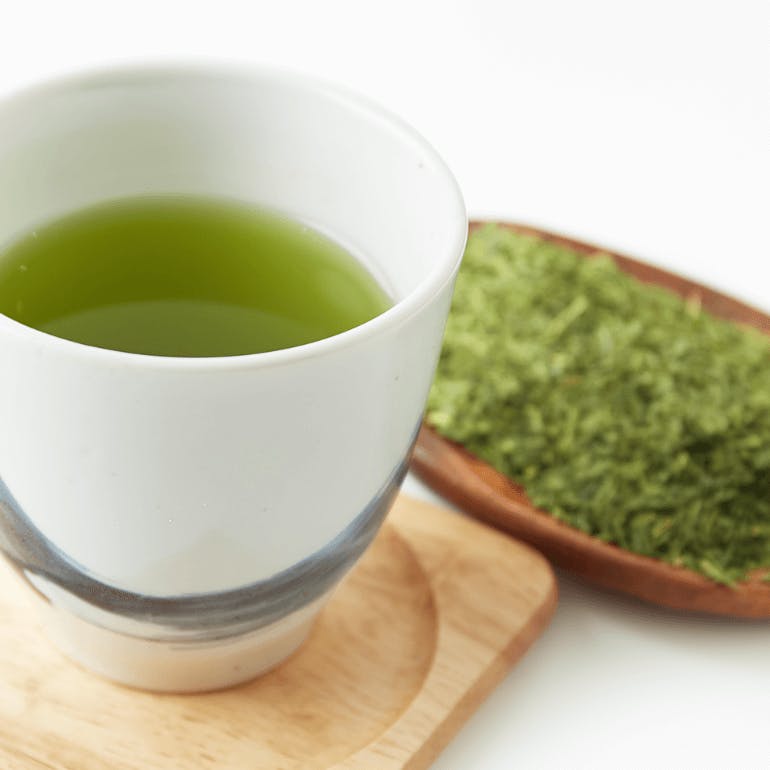
Sencha
Sencha is a beloved Japanese green tea that is cherished for its refreshing taste. Nagatani Soen, a tea grower from Uji City, devised the method of steaming the leaves and then hand-rolling them during drying. This remains the standard for crafting sencha today, yielding a tea with a delightful aroma and vibrant color.
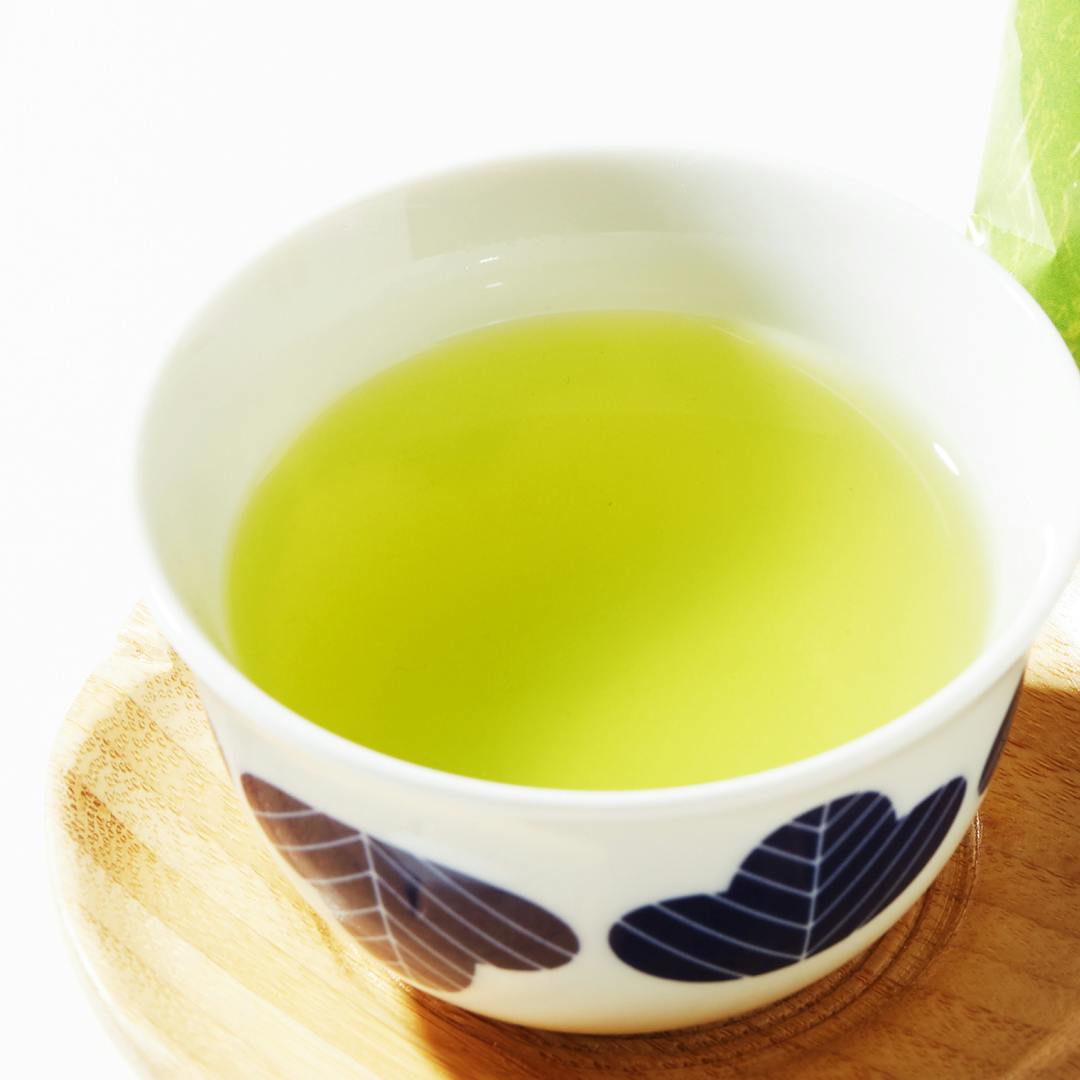
Genmaicha
Genmaicha is a traditional Japanese blend of roasted brown rice and green tea. It originated in the Edo Period (1603-1868), when tea merchants began adding roasted brown rice leaves to extend their green tea supply, resulting in the drink's distinctive nutty flavor. Today, genmaicha is cherished and celebrated worldwide for its unique taste and health benefits.
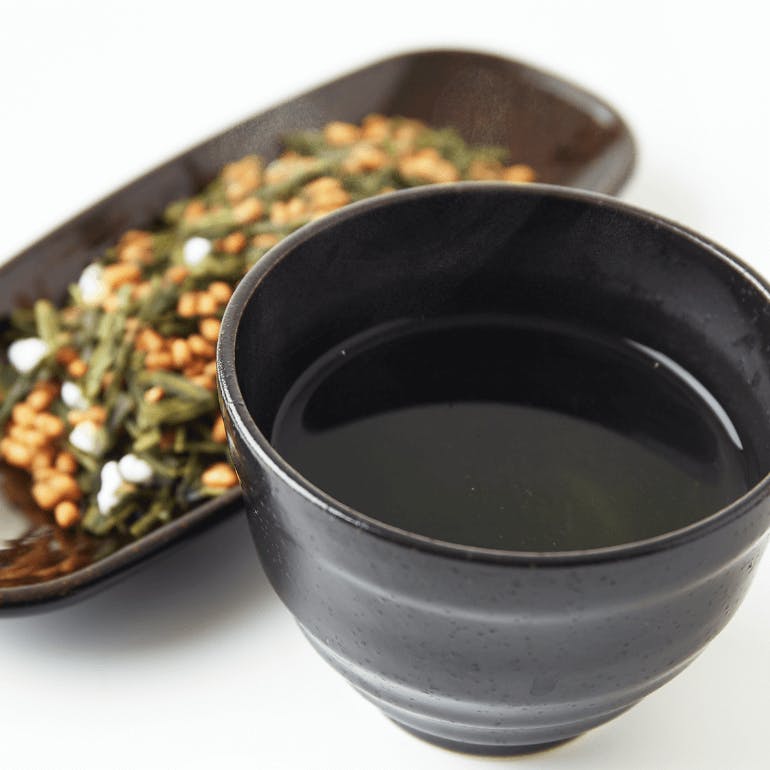
Hojicha
Hojicha is roasted Japanese green tea. While other Japanese tea leaves are steamed for preparation, hojicha is roasted at 150°C (302°F) to produce its signature golden color and rich flavor. Renowned for its warm notes, it’s popular for tea enthusiasts seeking a milder and more soothing tea experience that pairs well with wagashi and Japanese snacks
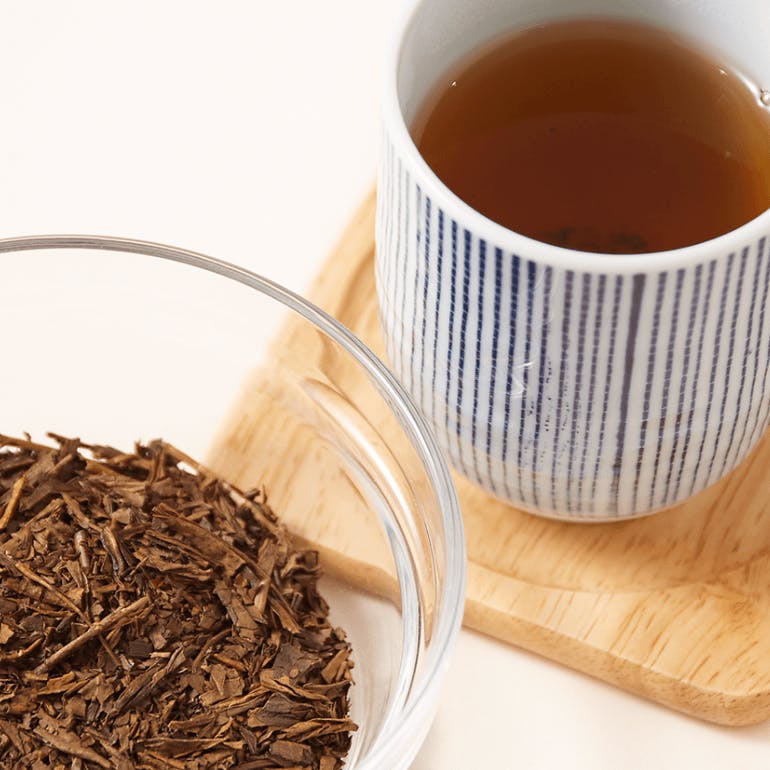
Sakura Tea
Also known as sakurayu or sakuracha, this herbal tea is created by steeping dried, pickled cherry blossoms in boiling water. Once immersed in water, the dried petals beautifully unfurl, recreating the beauty of Japan's iconic cherry blossoms inside one’s tea cup. This traditional tea offers a subtle floral aroma and a mild, refreshing taste that is slightly salty.
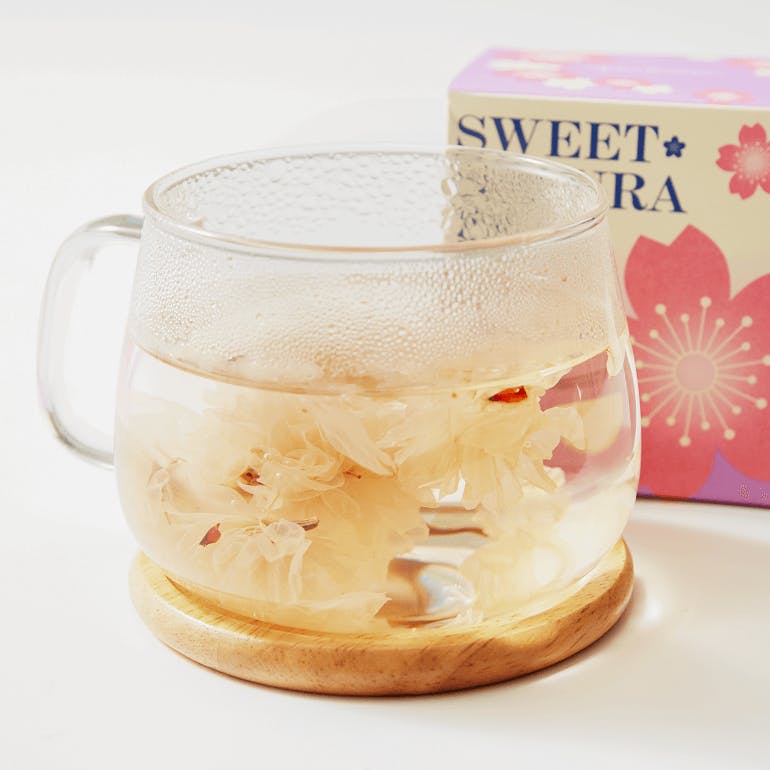
Herbal Teas
Japanese tea culture is vast, with diverse rich-flavoring teas typically sourced from locally renowned ingredients. Aside from the cherished, antioxidant-rich green teas, herbal teas offer delicious, caffeine-free alternatives. From various fruit-blend teas to roasted barley tea and even pickled ume, plum tea, there is a flavor to delight and excite every palette.
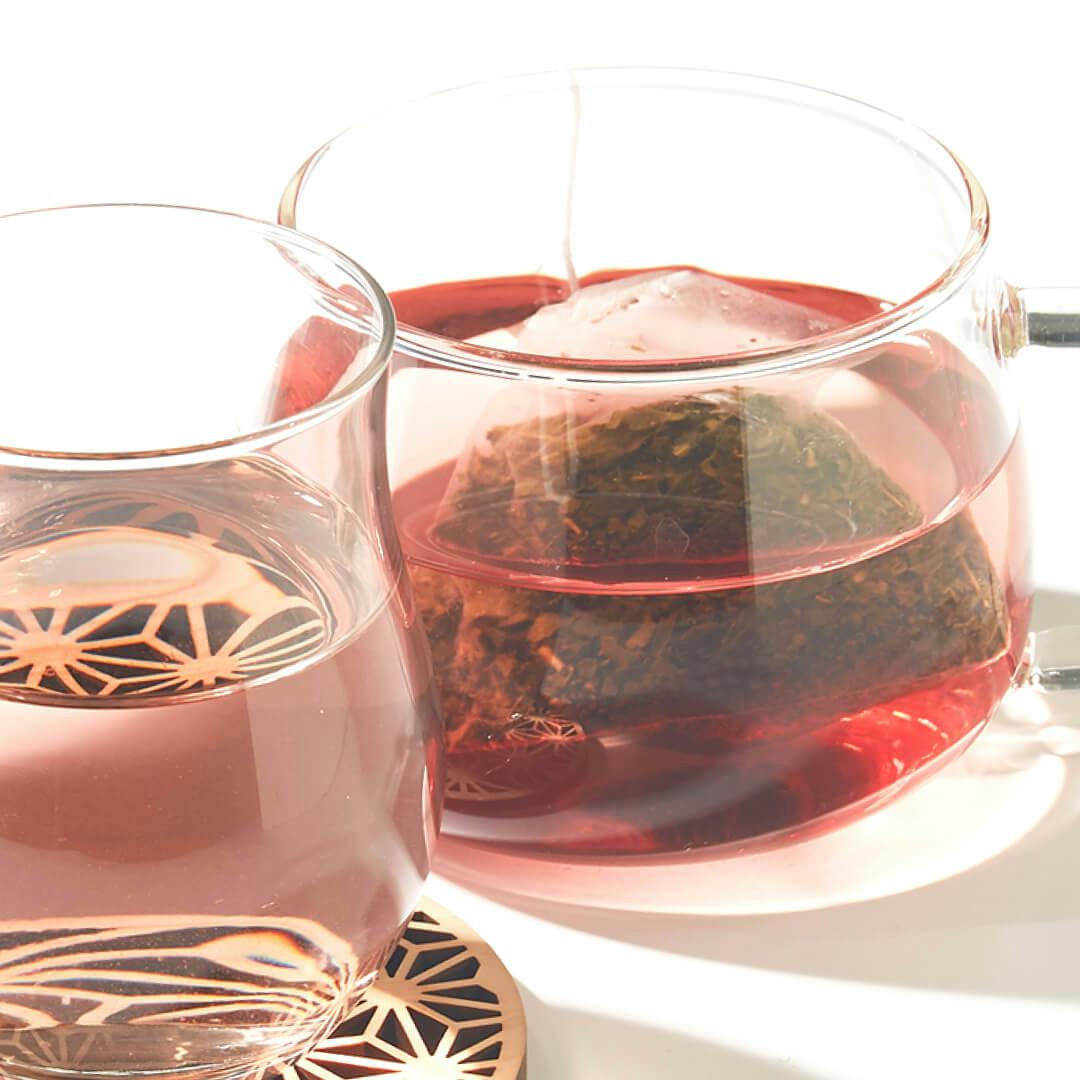
Time for Tea!
Find out which Japanese tea you’ll get!
THIS MONTH’S THEME
Explore Other Categories




